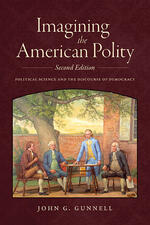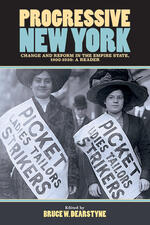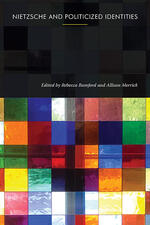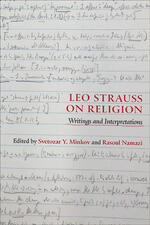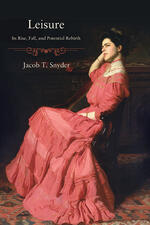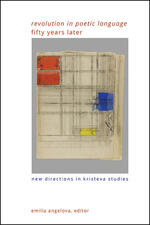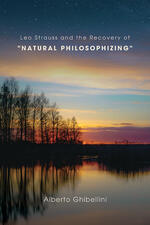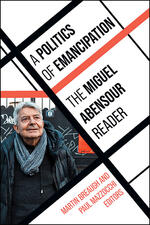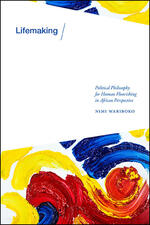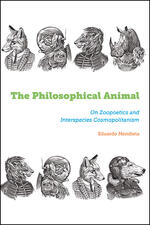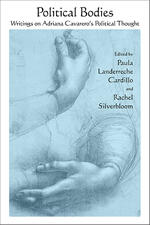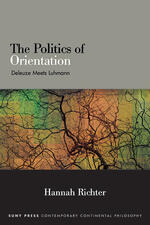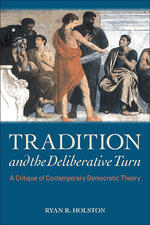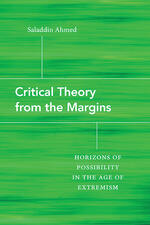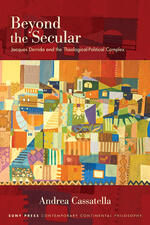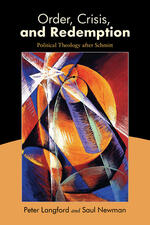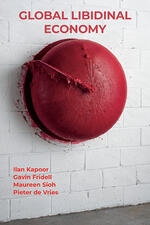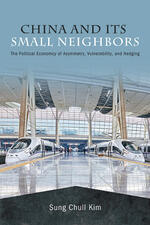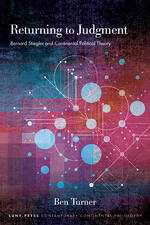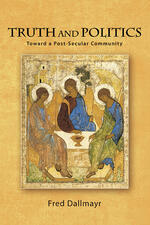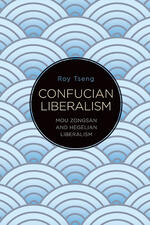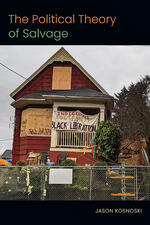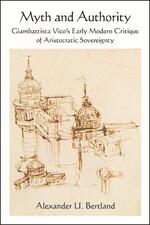Political Theory
Revolutionary Legacies
Thinks with a range of extraordinary Jewish women about how to live vibrant lives and resist the settler colonialism at the heart of the modern project of freedom.
Imagining the American Polity, Second Edition
Traces the history of the concept of democracy in the United States.
Progressive New York
The exciting story of New York in the progressive era told by the reformers and visionaries who shaped its history,
Nietzsche and Politicized Identities
Essays exploring to what extent Nietzsche's thought can aid us in understanding politicized identities.
Leo Strauss on Religion
Intriguing unpublished manuscripts by Leo Strauss, which explore the intricate relationship between religion, philosophy, and politics, accompanied by fourteen interpretative essays.
Affective Betrayal
Seeks to introduce an "affective turn" to the study of China's political modernization process.
Leisure
Intellectual history of leisure and the use of that history to grapple with its potential future.
"Revolution in Poetic Language" Fifty Years Later
Revisits Julia Kristeva's magnum opus on the fiftieth anniversary of its original publication to open up new paths of interdisciplinary inquiry.
Leo Strauss and the Recovery of "Natural Philosophizing"
Examines how Leo Strauss sought to recover the question of "nature," which he saw as inseparable from genuine philosophy since its inception in ancient Greece.
A Politics of Emancipation
A systematic overview of French Philosopher Miguel Abensour’s groundbreaking work and the two inseparable projects that govern it: a radical critique of all forms of domination and a search for a politics of emancipation.
Lifemaking
Draws on indigenous African political thought in order to construct a political philosophy that will resist and restrain necropolitics and promote human flourishing in Africa.
The Philosophical Animal
Argues that humans are animals that philosophize about their condition by fictionalizing other animals.
Political Bodies
The first edited volume solely dedicated to the philosophy of Adriana Cavaero.
The Politics of Orientation
Interlinks Gilles Deleuze's critical philosophy with Niklas Luhmann's systems theory to unpack contemporary democratic politics as a contest for complexity-reducing orientation in sense.
Tradition and the Deliberative Turn
Reframes the discussion of deliberative democracy in a unique fashion, approaching the debate as a historical conversation.
Critical Theory from the Margins
Putting at work a negative pedagogy centered around learning from unlearning, problematizes and boldly challenges today's culturalist discourses, camouflaged racisms, and masked fascisms.
Beyond the Secular
Investigates, through a critical exploration of Derrida's political thought, the foundations of modern secular discourse in relation to issues of race and colonialism.
Order, Crisis, and Redemption
A critical reflection on the limitations of Carl Schmitt's political theology, reconsidered in light of the current crisis of the liberal democratic order.
Global Libidinal Economy
Claims unconscious desire plays a constitutive role in global political economy.
China and Its Small Neighbors
Analyzes the nature, processes, and political consequences of the asymmetrical relationships between China and its six small neighbors in Asia.
Returning to Judgment
Explores the importance of political judgment in the work of Bernard Stiegler, and argues his approach to judgment marks an important break with continental political thought.
Truth and Politics
Endorses the pursuit of paradigm shifts in our understandings of faith, truth, and nature to remedy the "underside" of modernity and thus to inaugurate a post-modern (but not anti-modern) and post-secular (but not anti-secular) view of the world.
Confucian Liberalism
Offers a renovated form of Confucian liberalism that forges a reconciliation between the two extremes of anti-Confucian liberalism and anti-liberal Confucianism.
The Political Theory of Salvage
Explores the political and theoretical significance of the use of salvaging discarded materials by social movements during their protest activities.
Myth and Authority
Argues that Giambattista Vico's early modern account of Roman mythology was a sophisticated attempt to present an epistemological and political critique of the aristocratic way of conceiving the world.

